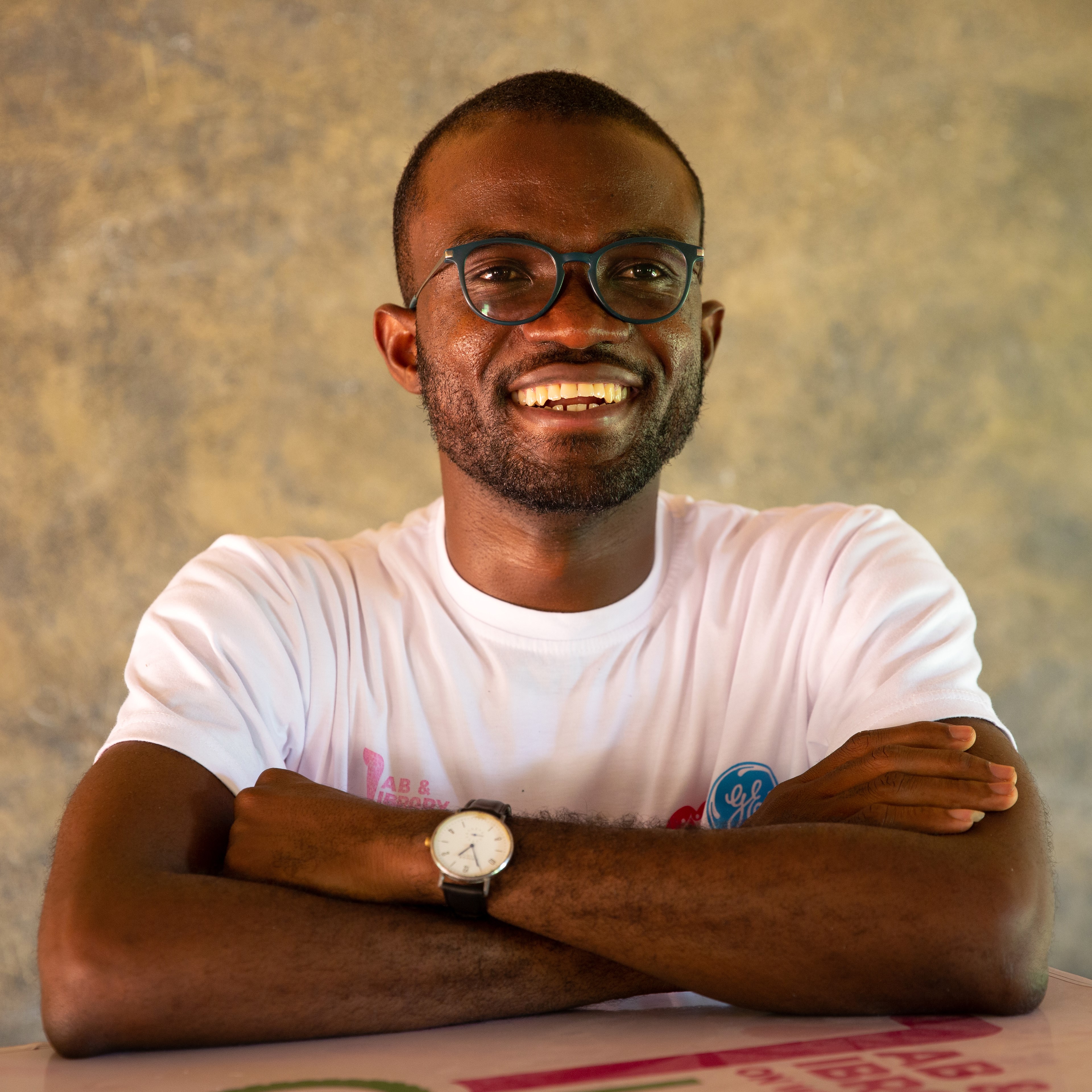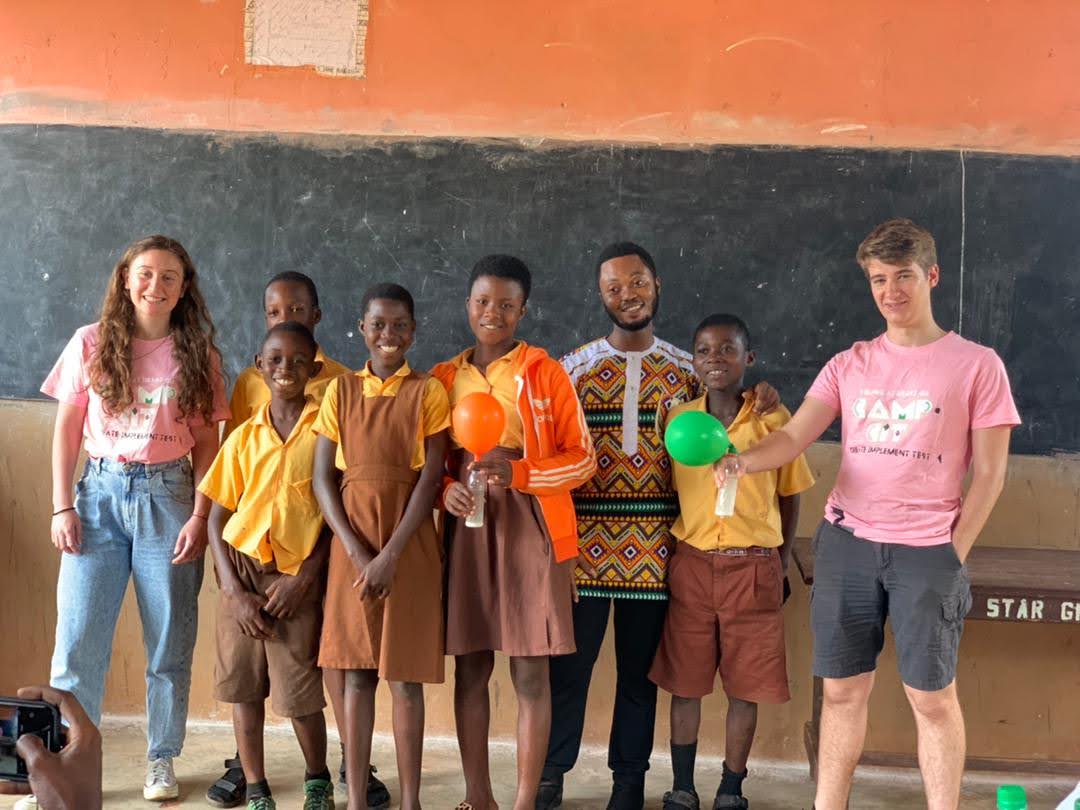1. Can you briefly describe your innovation and tell us what inspired you to create it?
Ananse Cart (formerly, Lab and Library on Wheels) is a portable, mobile, hybrid-powered lab and library on wheels which address the requisite infrastructure and logistical gap in educational technology. The cart comes with cost-efficient digital gadgets, preinstalled with interactive educational software, science kits and learning modules to promote the effective teaching of Science, Technology, Engineering, Art and Mathematics (STEAM). This alternative approach transforms any environment into a Computer and STEAM lab, compared to the traditional approach of building labs with its high costs.

2. What impact has your innovation had so far in your country or abroad?
Critical to our continuous innovation is tracking impact through qualitative and quantitative measures. Interviews with teachers and students show a reawakening of the studying of STEM in an engaging, fun and practical way. In a three month period, 500 students were reached with eighteen STEAM lessons, five times compared to the reach of traditional methods. Students showed a 21% increase in average test scores.
Interviews with teachers and students show a reawakening of the studying of STEM in an engaging, fun and practical way.
3. You recently had a successful Summer Fellowship programme with University College London (UCL). Could you tell us more details about the programme and what was covered during this period?
Our 2022 Summer Exchange Fellowship with UCL took place from June to August with seven UCL students grouped in two cohorts. The first cohort of four students travelled to Ghana from June to July. The second cohort of three students worked remotely from July to August. Over the entire period, the students worked with staff of Y@H across the fields of engineering including Raspberry Pi technology, web-based app testing, EdTech research, business sessions with industry leaders and curriculum development.
Also during their visit, the students taught at schools and met with the British High Commissioner to Ghana, Madam Hariet Thompson, at her official residence.

4. How did your relationship with UCL start?
Our relationship with UCL is the second of many wins we took from Africa Prize, the first was winning the first Africa Prize Live Pitch! Amongst the audience of the Africa Prize Live was Dr. Michael Woodrow, Director of the International Development Hub for UCL Engineering. This began an ongoing two-year relationship with UCL.
5. Would you recommend programmes like this to other entrepreneurs?
Absolutely! Programmes like the Africa Prize for Engineering Innovation and others run by the Royal Academy of Engineering hold immense resource of knowledge for entrepreneurs and sharpening and validation of their concepts. I greatly recommend it to all entrepreneurs.
